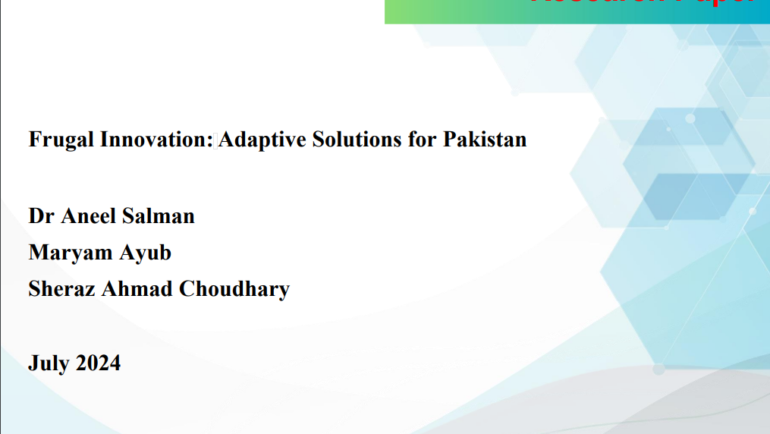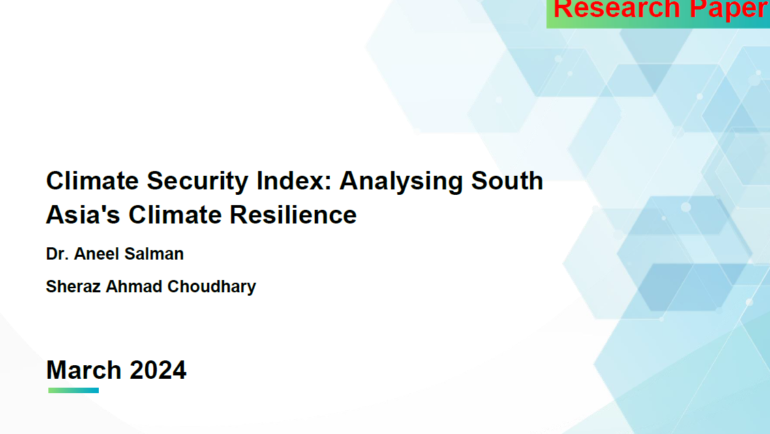Pakistan’s efforts to reduce poverty over the years have been reversed by COVID-19, introducing a new group of impoverished individuals classified as “New Poor, the segment of the population expected to become non-poor before COVID-19”. These individuals or households who previously maintained an adequate lifestyle were pushed into poverty on account of COVID-19, floods, high inflation, and economic and political instability. The characteristics of these new poor are different from the traditional definition of poor as they reside in urban areas with better access to infrastructure, are employed in non-agricultural formal and informal sectors and the majority of them are individuals between the ages of 15-35, women and senior citizens. Despite the existing programmes like Ehsaas Kafaalat, BISP Cash Transfer and Pakistan Poverty Alleviation Fund, the new poor are left unaddressed on the account eligibility criteria often excluding these new impoverished households. To examine the characteristics of the new poor, identify the socioeconomic factors contributing to their current economic conditions and changes in their decision-making patterns, and assess the coping strategies adopted by them to overcome their current economic situation, a survey was conducted with a sample size of 398, data was collected from five urban centres. The binary logistic regression analysis was applied to assess the existence of new poor. The results of the model indicate that even after increasing the years of education and increasing the working hours, the individuals cannot save themselves from being new poor. However, by reducing their expenditure and monthly saving the individuals can save them from being classified as new-poor. Additionally, the individuals receiving financial help from family and friends turned out to be successful coping mechanisms. However, even after utilising the social protection nets the respondents were not able to save themselves from being classified as new-poor. This points to the underlying fact of how ineffective these social protection nets are in declining the economic well-being of individuals. To effectively address the needs of these households, the government may develop targeted initiatives like Universal Basic Income and Universal Basic Services in the education and healthcare sectors and revise the eligibility criteria of existing social protection programmes.
Keyword: New Poor, Binary Logistic Regression, Social Protection, Economic Well being
Skip to content
Skip to footer


